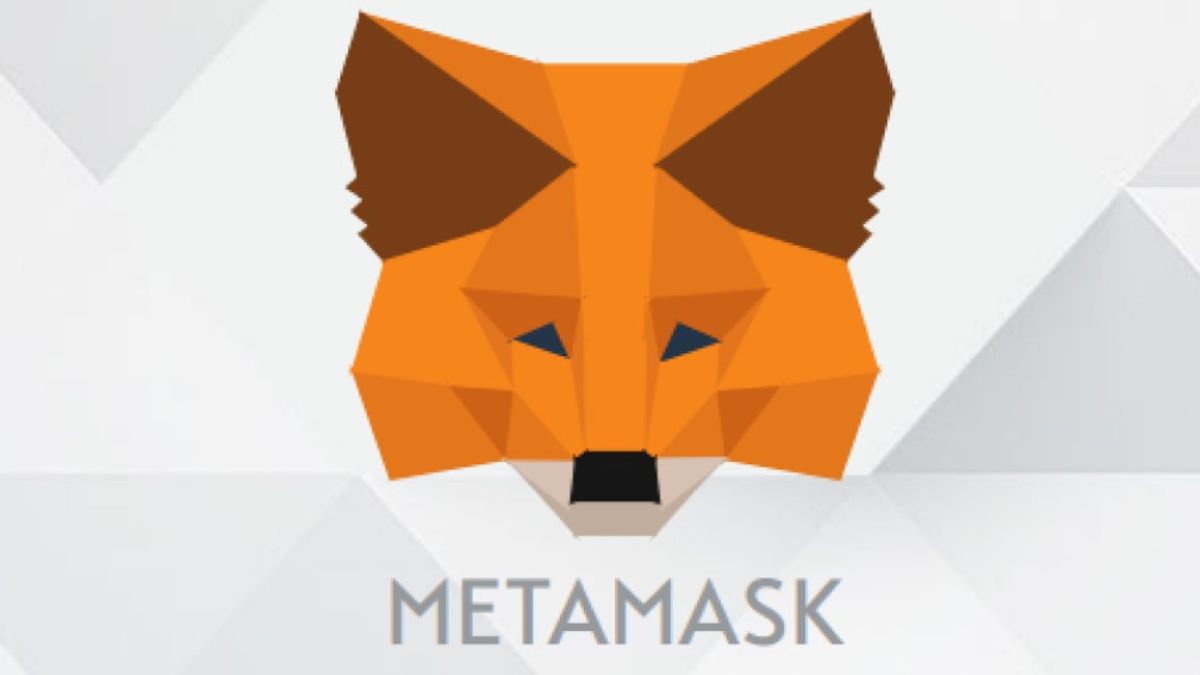Tokens placed in the wallet address will automatically increase
- 尊渡假赌尊渡假赌尊渡假赌Original
- 2024-04-08 14:25:53626browse
Some cryptocurrency tokens have the function of automatic growth, which can be achieved by holding tokens, participating in staking or income farming: holding tokens can earn "static rewards" and increase the number of tokens; increasing the number of tokens can Obtain token rewards and increase yields based on annualized interest rates or trading volume; yield farming can earn income by lending or locking in liquidity protocols, but there are risks. Holding tokens can earn "static rewards", increasing the number of tokens can earn token rewards, increasing the yield is based on the annualized interest rate or transaction volume, and the yield is based on the annualized interest rate or transaction volume. Yields can be earned through staking or locking in liquidity protocols. But you should pay attention to risks when investing.

The principle of automatic increase of tokens
Some cryptocurrency tokens have an automatic increase function, which means that holders Additional tokens will be earned over time. This growth is typically achieved by holding tokens or participating in activities such as staking or yield events.
Hold Token Growth
Hold certain tokens to earn "static rewards" that automatically increase the holder's tokens over time quantity. These rewards are typically tied to the initial issuance and circulating supply of the token. For example, if the initial issuance of a certain token is 100 million, and the annual inflation rate is 5%, this means that 5 million tokens will be added every year. Static rewards can attract users to hold tokens for a long time, thereby providing continuous liquidity support. In addition, static rewards can also encourage users to actively participate in the token economic system and promote the widespread use and circulation of tokens. Static rewards are a common token economic design strategy that reward holders by increasing the supply of tokens
Staking
"Staking is a way to The process by which cryptocurrency tokens are "locked" on a blockchain network to support its security and operations. In return, stakers typically receive rewards generated by the tokens they hold. These rewards can be fixed annualized returns rate or a variable rate of return based on network transaction volume." Rewards for staking are usually given in the form of a fixed annualized rate of return or a variable rate of return based on network transaction volume. Stakeholders can receive rewards with tokens to support the security and operations of the network. The amount of these rewards may vary as network transaction volume changes.
Yield Farming
Yield farming is a strategy to earn yield by lending or locking tokens in a liquidity providing protocol. These protocols facilitate the trading of crypto assets, while yield farmers provide incentives to liquidity providers. The returns from yield farming can be high, but it also involves risk, as token values can fluctuate.
Influencing factors
The automatic growth rate of tokens is affected by a variety of factors, including:
- Initial issuance:The smaller the initial issuance amount, the higher the automatic growth rate of the token is usually.
- Circulating supply: The larger the circulating supply, the lower the automatic growth rate is usually.
- Inflation rate: The inflation rate is the key factor that determines the automatic growth rate of the token.
- Staking or Yield Farming Protocols: These protocols can provide additional growth opportunities, but yields will vary based on market conditions.
The above is the detailed content of Tokens placed in the wallet address will automatically increase. For more information, please follow other related articles on the PHP Chinese website!
Related articles
See more- The best laptops for cryptocurrency mining in 2022
- How to use blockchain technology in Go?
- How to use Go language for public blockchain development?
- Ferrari accepts cryptocurrency payments in US, plans to expand to Europe
- Three major cryptocurrency exchanges have been blocked, and the official accounts of three major cryptocurrency platforms have been blocked!

